A strong national armed forces and a strong NATO are the guarantees for Hungary's security, Kristof Szalay-Bobrovniczky said after the meeting of NATO defence ministers in Brussels on Friday, according to the statement forwarded to Hungary's state news agency (MTI).
The most important goal of the meeting in Brussels was to put the finishing touches to NATO's new draft strategy ahead of the July summit in Vilnius, Hungary's defence minister said.
He recalled that a year ago in Madrid, a decision was taken to strengthen NATO's eastern flank, and a new era began in deterrence and collective defence. Hungary performed well in related tasks, with the multinational taskforce stationed in its territory and the Headquarters Multinational Division Centre established in Szekesfehervar, in western Hungary, indicating the country's commitment to the alliance, he underlined.
Hungary continues to take its share in the tasks and supports joint solutions,
Hungary's defence minister highlighted, mentioning as an example efforts to strengthen the transatlantic and European defence industry base, which fall in line with the government's intention to reinforce Hungary's defence industry.
However, besides strengthening the eastern flank, threats from the south and other directions should not be overlooked,
he pointed out. As a country neighbouring war-torn Ukraine and due to the threats on its southern borders because of the Balkan migration route, Hungary must protect itself while performing joint defence tasks as a committed NATO ally, he added.
"It is in this spirit that we are participating with a significant - the third largest contingent - in NATO's KFOR mission in Kosovo," he said.
Speaking about Ukraine, Kristof Szalay-Bobrovniczky stressed that
Hungary's position remains unchanged and will not send lethal weapons to Ukraine. Hungary stands up for an immediate ceasefire and peace talks while helping Ukraine and those fleeing the war through implementing the largest humanitarian operation in its history.
Unfortunately, as no scenario can be ruled out, efforts must be made to reduce the risk of escalation, he noted regarding the war.
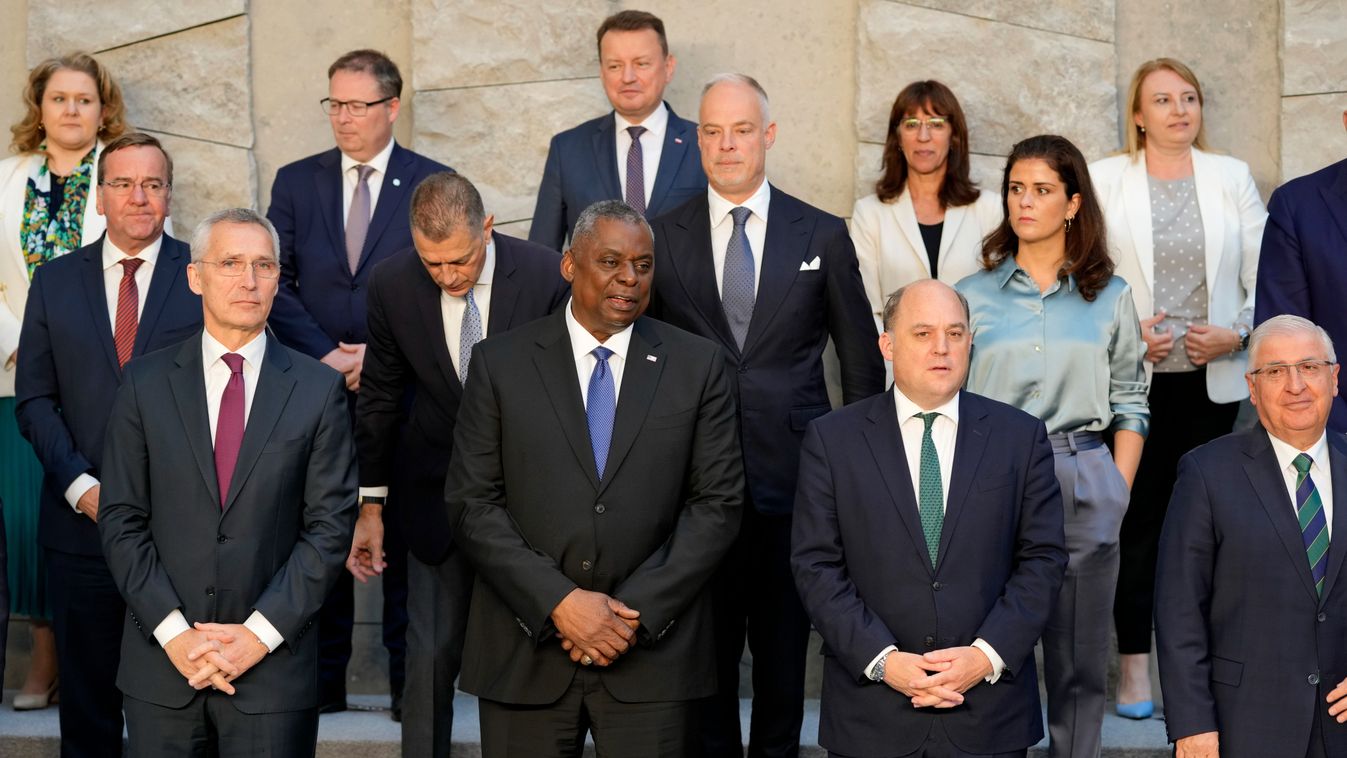
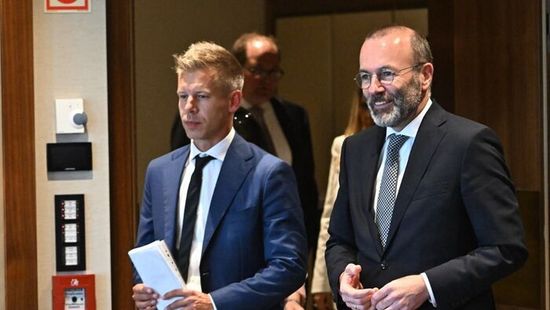
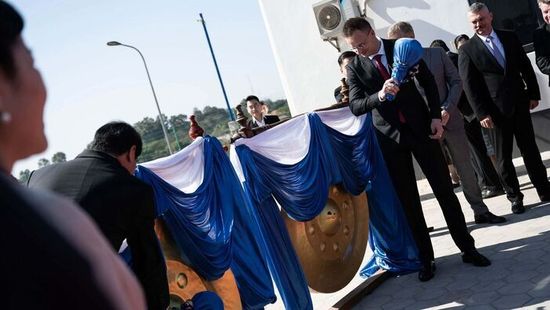
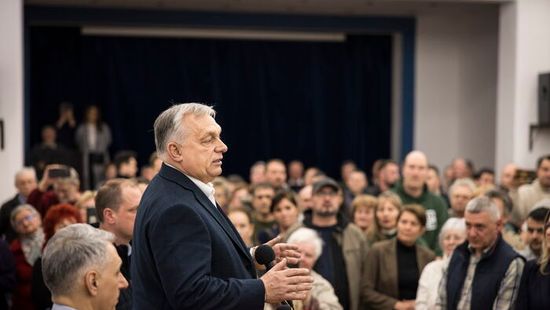
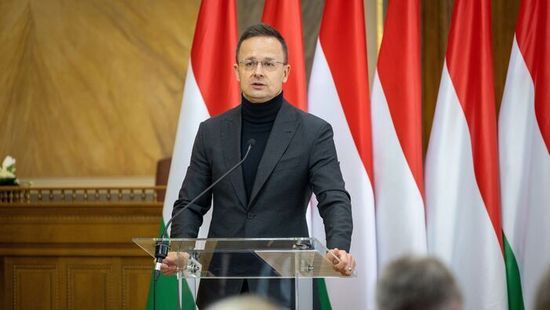


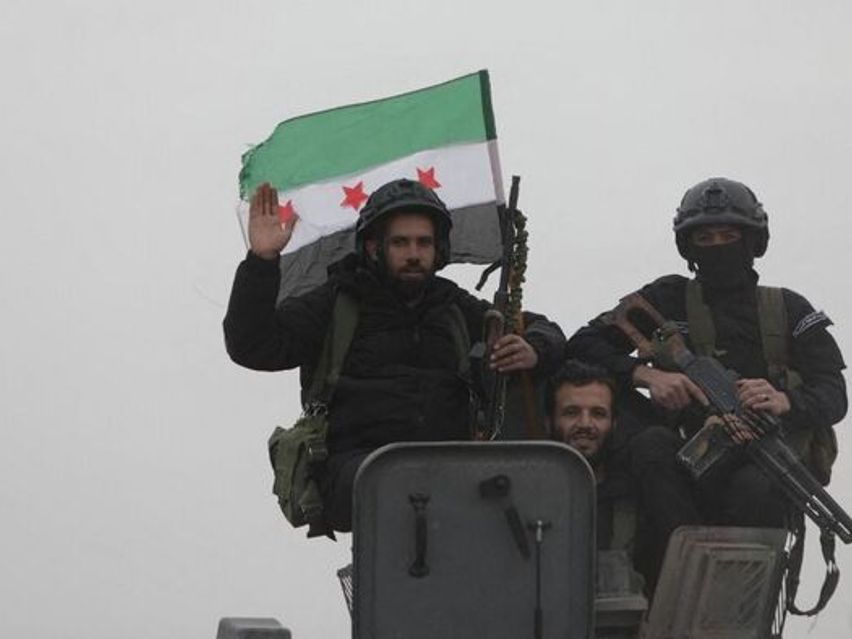
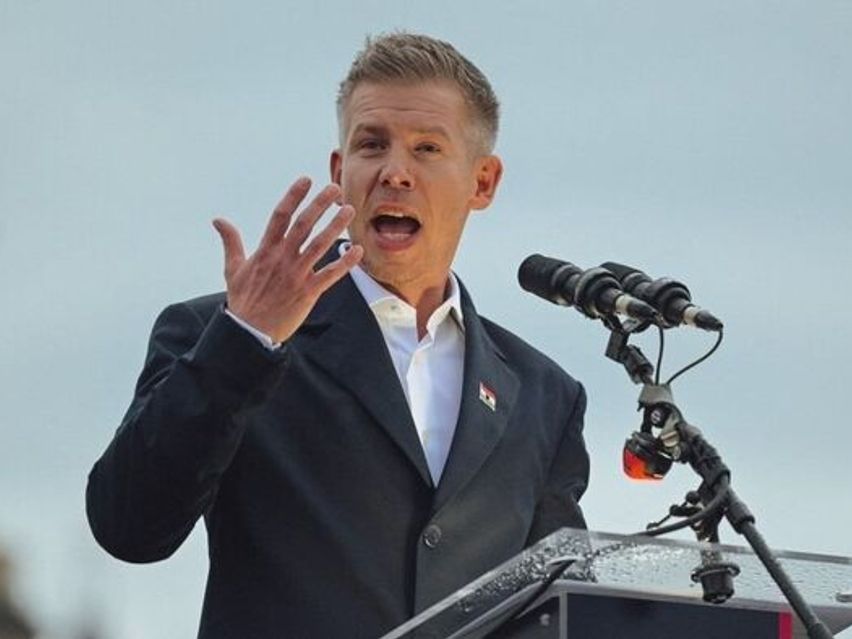
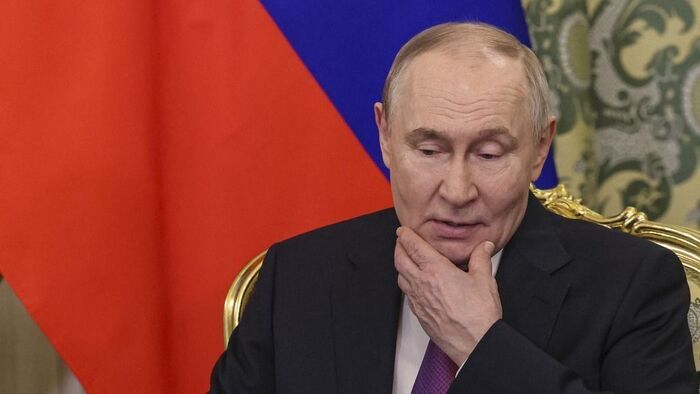

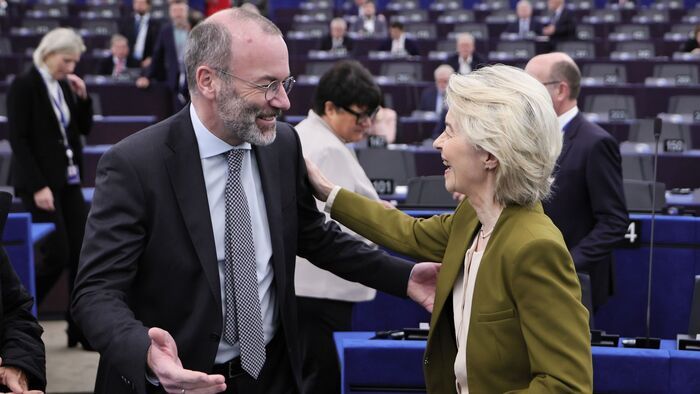
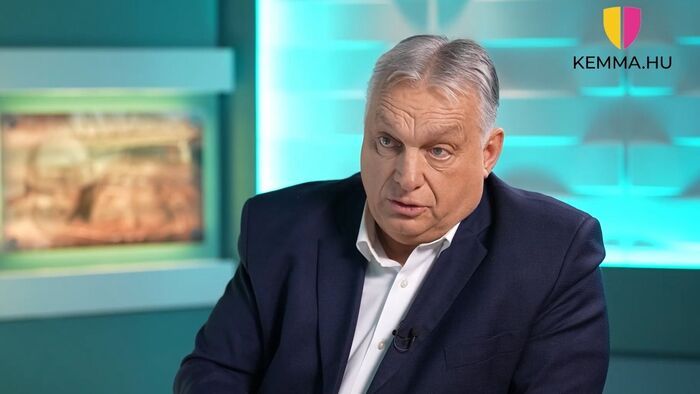
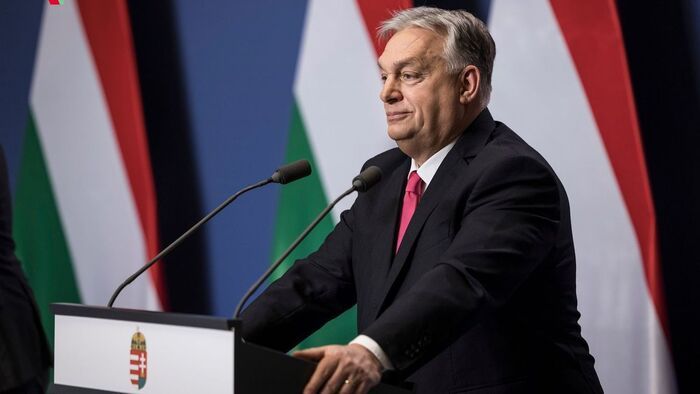
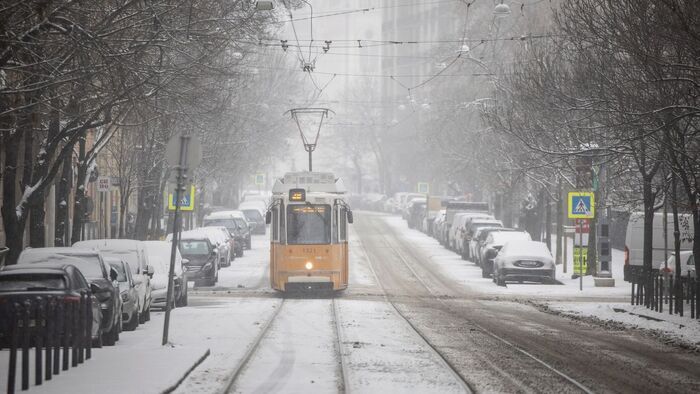

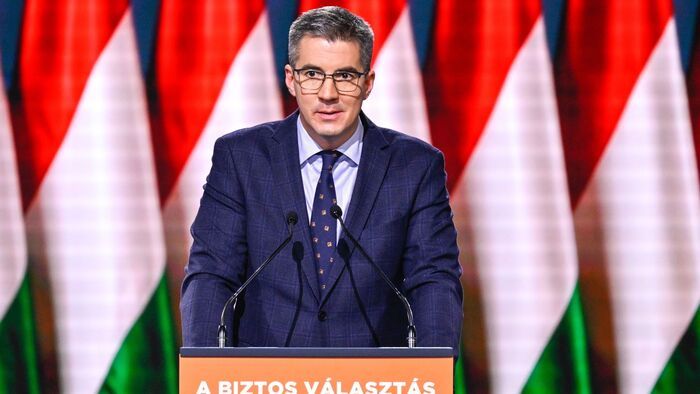
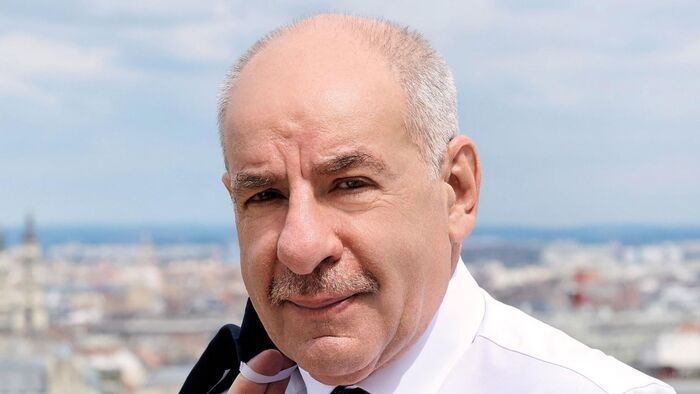
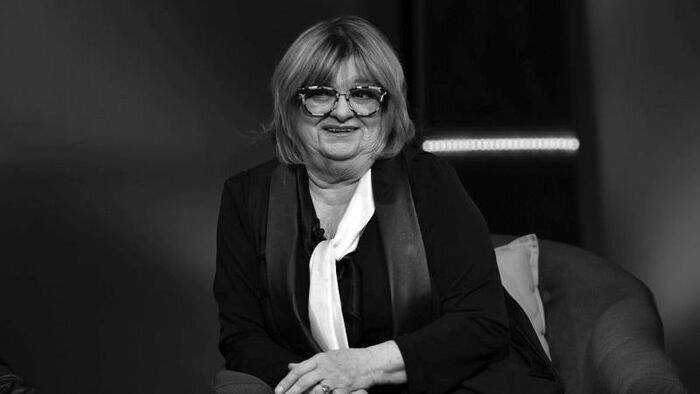

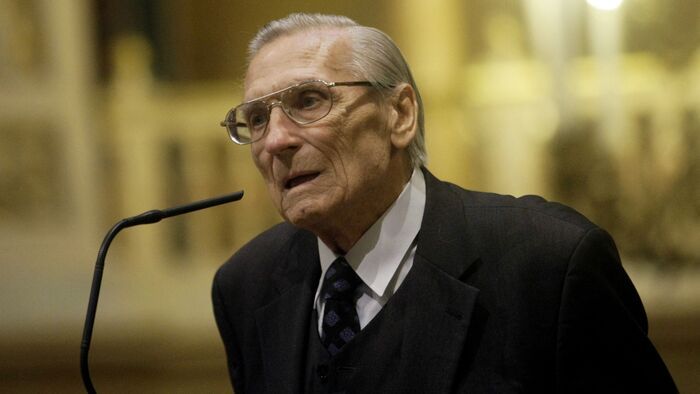

Szóljon hozzá!
Jelenleg csak a hozzászólások egy kis részét látja. Hozzászóláshoz és a további kommentek megtekintéséhez lépjen be, vagy regisztráljon!